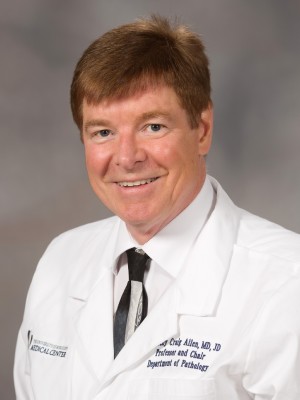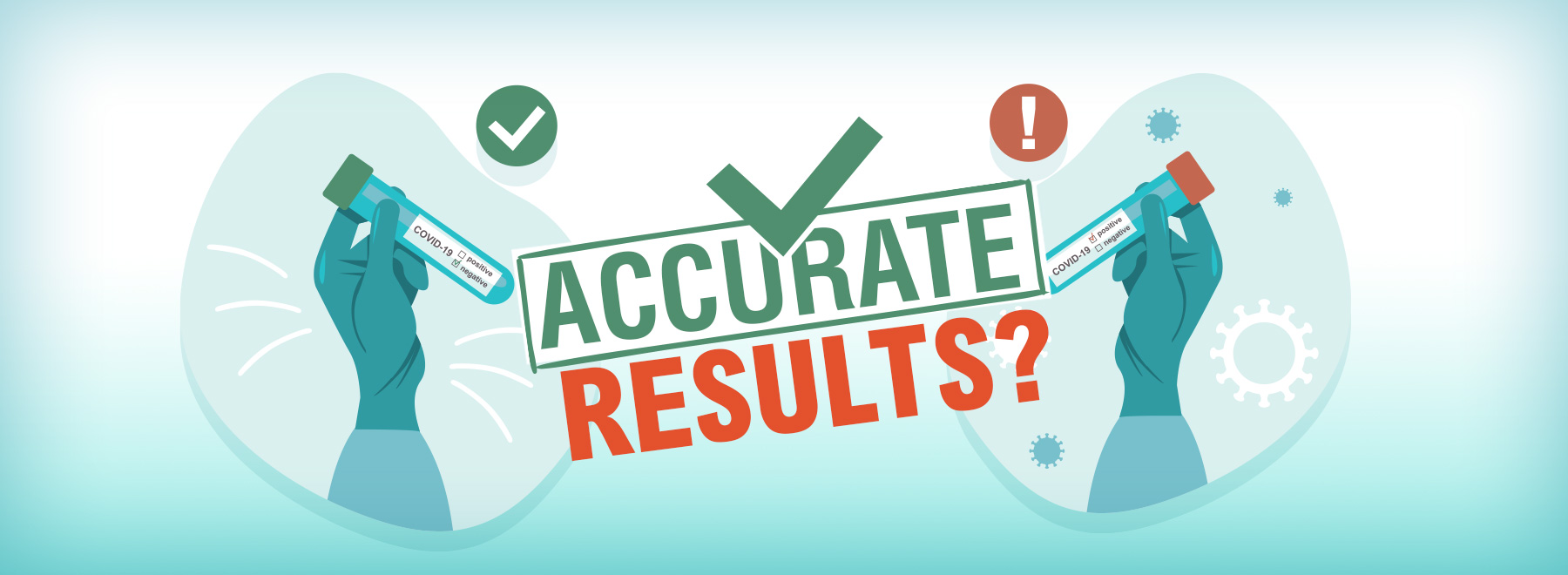Beware: All COVID-19 tests aren't created equal
As the COVID-19 pandemic continues to wreak havoc across the state, Mississippians might find themselves asking a number of questions:
“When should I get tested?” “Where should I get tested?” “What kind of test should I get?” “Is the test accurate?”
Health care providers throughout the state offer varying types of diagnostic testing, which reveal whether an individual has an active case of COVID-19. Antibody tests, on the other hand, reveal the antibodies to the virus in a person’s blood.
That test shows whether an individual has been exposed to the virus at some point but doesn’t determine whether a person is still infected.

With the increase in advertisement for “rapid” COVID-19 diagnostic testing and the backlog at labs across the state, it can be tempting to opt for a quick option. But while the results may be speedier, they may not be as accurate, said Dr. Patrick Kyle, professor of pathology and supervisor of the lab at the University of Mississippi Medical Center.
He said the accuracy of a test hinges on its sensitivity and specificity. In other words, the test must be highly sensitive, or able to detect the virus, and highly specific, or able to detect the targeted virus without cross-reacting with other viruses.
“Specificity means when the test reports a negative, it’s actually a negative,” said Kyle, who has helped lead the Medical Center’s COVID-19 testing response since March. Kyle oversees one of the labs that tests samples from inside the Medical Center and its external testing sites, including mobile sites across the state and the West Street Farmers Market site in Jackson.

Kyle and Dr. Timothy Allen, professor and chair of pathology and medical director of laboratories at UMMC, vetted different tests at the beginning of the pandemic. In a process that typically takes about four months, the pathology laboratory team validated its ability to use a commercially available kit to test for COVID-19 in two weeks.

As part of Allen’s team, Dr. Sarika Jain, UMMC assistant professor of pathology, soon developed the Medical Center’s own laboratory-developed test, further expanding testing capacity. The goal was always to keep the testing at the highest possible quality.
A potential issue with the rapid tests is specificity. For example, the Sofia 2 SARS FIA, offered by local clinics for $185 without insurance, is advertised as an “accurate point-of-care antigen test with same-day or next-day results.”
But the accuracy of it and similar tests is questionable.
Rapid tests, such as the Sofia, are called immunoassays. They are biochemical tests that measure the presence or concentration of a macromolecule or a small molecule in a solution through use of an antibody or an antigen. The rapid immunoassay tests are not as sensitive as the type of test used at the Medical Center and have been shown to detect only 67-to-82 percent of the infected patients in comparison.
Immunoassay tests may also yield inaccurate results because of cross-reaction with other coronaviruses, a host of viruses that are responsible for the common cold.
“So if an immunoassay was not designed very well, someone with a common cold could get a false positive result,” said Patrick.
This is why in the lab at the Medical Center, the only diagnostic type of test used is the RT-PCR, or reverse transcription polymerase chain reaction. The test works by amplifying the RNA of the virus to a detectable signal, usually about 1 million times.
“And that’s why the RT-PCR assays are very sensitive and the gold standard,” said Kyle.
The Medical Center has three different types of RT-PCRs with varying speed of results. One of those produces results in 51 minutes and is reserved primarily for inpatient use when hospital staff need to know quickly where a patient should be housed.
The ongoing challenge is to keep up with the demand for testing, particularly as Mississippi has recently seen a massive spike in cases. The lab is currently able to run about 1,000 tests per day.
“One of the things we’ve been working on since Day One is not only to develop the tests, but also to grow our availability to do testing in volume,” said Allen. “We are seeing an increased demand for this test and we need to be ready to meet that demand.”
The above article appears in CONSULT, UMMC’s monthly e-newsletter sharing news about cutting-edge clinical and health science education advances and innovative biomedical research at the Medical Center and giving you tips and suggestions on how you and the people you love can live a healthier life. Click here and enter your email address to receive CONSULT free of charge. You may cancel at any time.



